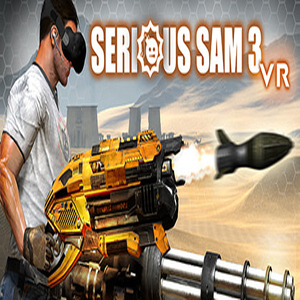

I moved around using a joystick on my hand controller. Perhaps because I am not a gamer, the first thing that always struck me as I traveled from world to world in Horizon was the sound of other people: a child complaining about being made to eat, say, or someone coughing, which made me flinch even though the real-world germs were very far away. I traveled to the Plaza, the social network’s brightly colored, central gathering place, where one can shoot hoops on a basketball court, climb treehouses, throw paper airplanes and play a floor piano’s rainbow keys - somewhat odd options for an app supposedly reserved for those 18 and older. The rest of the family was sound asleep, so I pulled my headset on with hands that were out-of-control itchy thanks to a poisonous plant I had touched while weeding in the real-verse. One Saturday morning, my dog woke me up at a painfully early hour, whimpering to go outside. I wanted to understand who was currently there and why, and whether the rest of us would ever want to join them. I gave up television, books and a lot of sleep over the past few months to spend dozens of hours as an animated, floating, legless version of myself. My goal was to visit at every hour of the day and night, all 24 of them at least once, to learn the ebbs and flows of Horizon and to meet the metaverse’s earliest adopters.

There is no shortage of skeptics mocking Meta’s plans, but how many of them have actually experienced the metaverse? I decided to try it out, defining, for my purposes, the metaverse as Horizon, Meta’s virtual platform for events, business meetings and user-constructed spaces. Since Mark Zuckerberg, the chief executive, announced last year that he planned to spend billions of dollars bringing the metaverse to the masses, the company’s stock price has plummeted. Meta is estimated to have sold nearly 15 million metaverse-enabled headsets, and yet people remain skeptical of an immersive internet. Meta has an impressive track record, fundamentally changing the way its nearly three billion users socialize, share information and waste time.

Horizon is “Meta’s universe in the metaverse ,” said Vishal Shah, the executive in charge of “the spatial co-present version of the internet” that the company formerly known as Facebook has staked its future on. “I do not want to hear this,” says someone who sounds as though he’s standing to my left, though I’m alone in my office. “Want to hear a story about my school?” he asks in a youthful voice that suggests a tale of sixth-grade woes. He shrugs and floats away.Ī baseball-capped avatar takes the stage and picks up the mic. “Kash Hill,” he says, reading the white card hanging above my head. He has a beard and a man bun, and wears a collared shirt unbuttoned to reveal a generous portion of his digital chest.


 0 kommentar(er)
0 kommentar(er)
